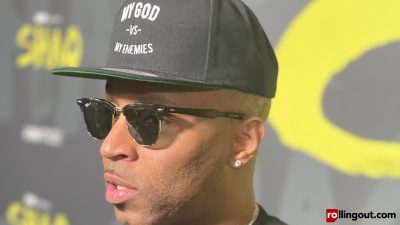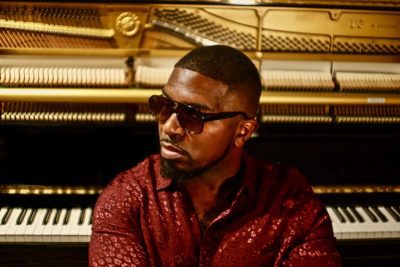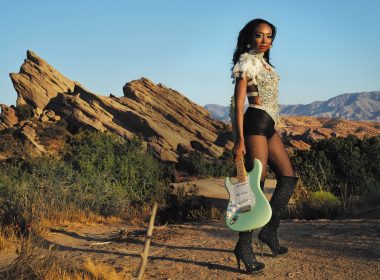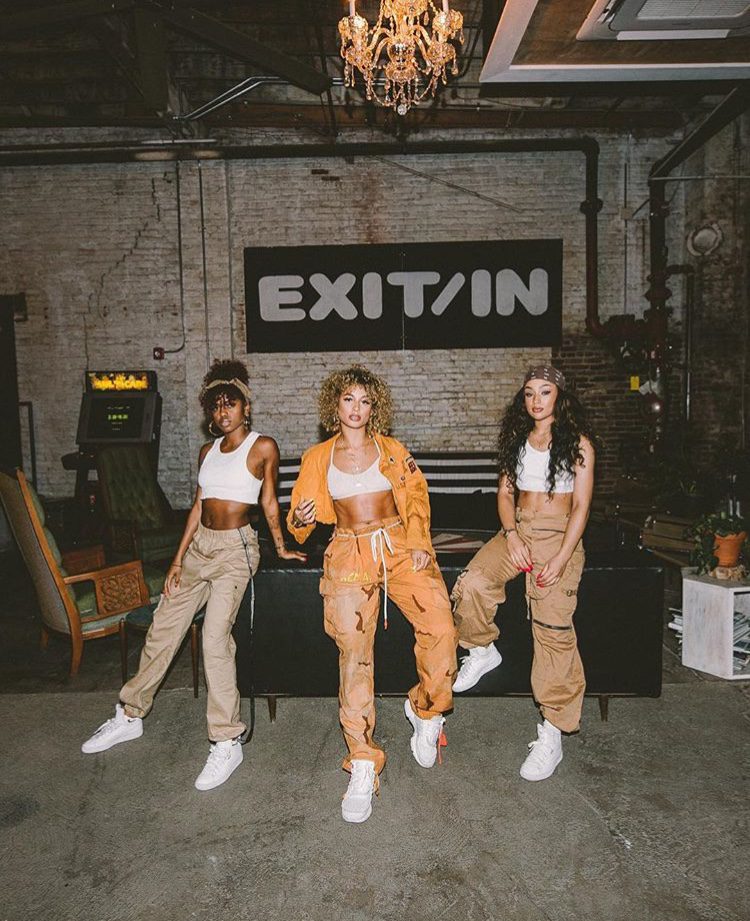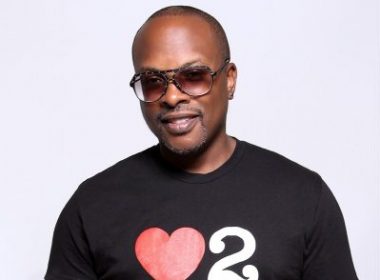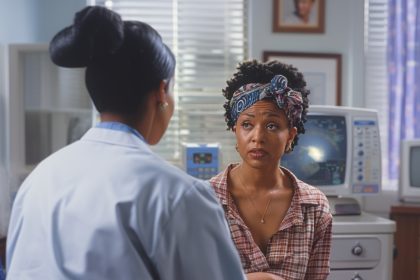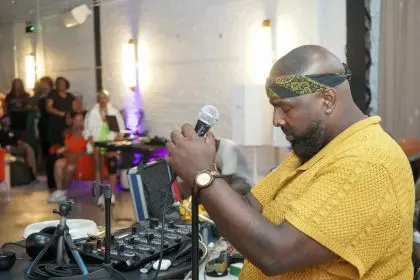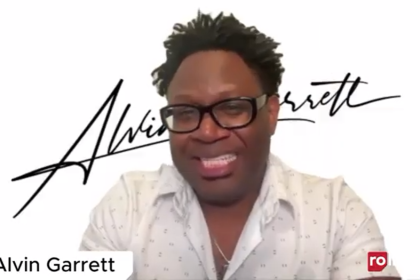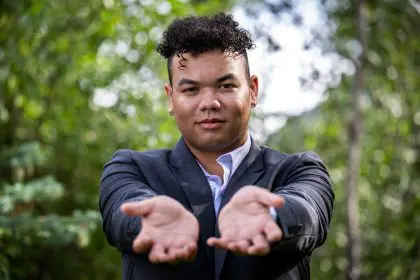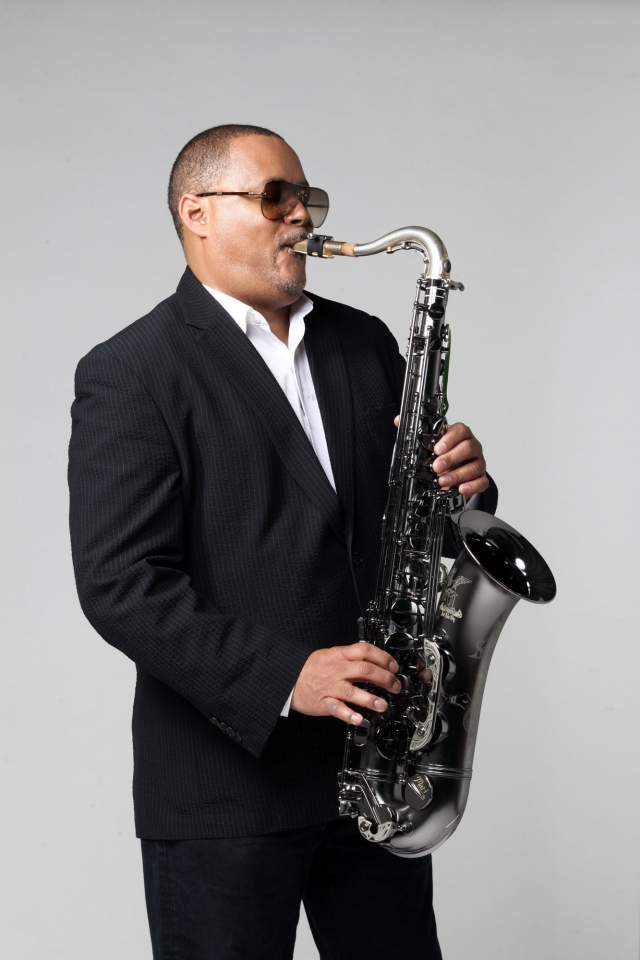
Najee is an international saxophonist and flutist with over three decades of experience in the music industry. Not only has this Grammy-nominated artist collaborated with the likes of Prince, Quincy Jones and Chaka Khan as an instrumentalist, he has released 17 musical projects of his own, including his latest, Poetry in Motion. Najee has become one of the most sought-after instrumentalists in the world. Despite the acclaim and accolades he has accrued, he never forgot his roots, and now teaches young aspiring musicians who wish to follow in his footsteps.
Rolling out caught up with Najee to discuss his musical journey and the process of creating his latest project.
It’s been a milestone year for you. You released your 17th project this past summer and celebrated your 60th birthday. When you look back from where you started, what are your thoughts?
All I can do is say I’m truly grateful. In life, there are never any guarantees. As a young kid growing up in New York, I just had a desire and passion for doing what I do, and I’ve been blessed to find out a way to monetize it. I’ve been blessed to do so many great things and to work with so many artists. I know what’s it like to be a successful artist, in terms of reaching platinum status and Grammy nominations. After achieving them, you realize it’s not as big of a deal as you thought in your head. So I’m just grateful for life and accomplishments.
When did you pick up your first instrument?
I think I was about 9 when I picked up a clarinet. Then in junior high school, I started to play the saxophone and flute. In high school, I made the decision to make it a career.
What high school did you attend?
I went to August Martin High School in Queens, New York. Russell Simmons and I were actually classmates. It was there where I was exposed to the Jazzmobile program, which is a federally funded program. I studied under the legendary Jimmy Heath and Frank Foster, which was under the direction of Billy Taylor.
For your latest project, Poetry in Motion, you teamed back up with Barry Eastmond. What was that process like?
Barry Eastmond is a legendary producer. He’s worked with so many great artists; Anita Baker, Al Jarreau, Freddie Jackson, Billie Ocean and so many more. We haven’t worked together since I did a couple of records for him in 1989. So I called him up to work on this project, and he was very excited.
How was it working with Al Jarreau?
The first time I saw Al Jarreau live, I was in college in Boston. I met him briefly, never imagining one day I would open for him or be on the same stage with him. He was one of a kind and a legend. Working with him was amazing. Right before he passed on I was in London, and he called me up and said, “All these years we’ve been on stage together, we’ve never done a record. I would love to do a song with you.” So when I came back home, Barry and I started writing but then Al got sick. It was very sad to see him go. But then Will Downing picked up the song and redid it with me, and we dedicated the song to Jarreau and Prince, who I also had the pleasure working with for three years while touring and recording music with him.
What was your experience working with Prince?
Working with Prince was probably one of the greatest musical experiences of my life. I didn’t know Prince was actually a fan of mine. I didn’t find out until we started working together. I fou8nd out he would come to my shows and be backstage but never announce he was there. One day, I was in New York and got invited to attend a show at Madison Square Garden. After the show, I was invited to perform at one of the after parties which were his tradition. So after that, I got a call from him inviting out to Paisley Park. We started jam sessions, and after about three days, he asked me to join NPG for a two-week tour. Before I knew it, we had three years of working together.
How does it fulfill you to work with young people and give back?
It gives me a sense of completion. That’s how it started for me as a kid growing up. Men were very generous with their knowledge. For me, it’s natural. It’s not something I go out looking for accolades. It’s almost like a high to give back and share the knowledge I have acquired over the years. To have attended a major conservatory in the United States and have to pay all that money, then share that knowledge with someone who doesn’t have to pay for it, it’s great. There are a lot of talented people who just don’t get the opportunity the environments I’ve been blessed to have.

